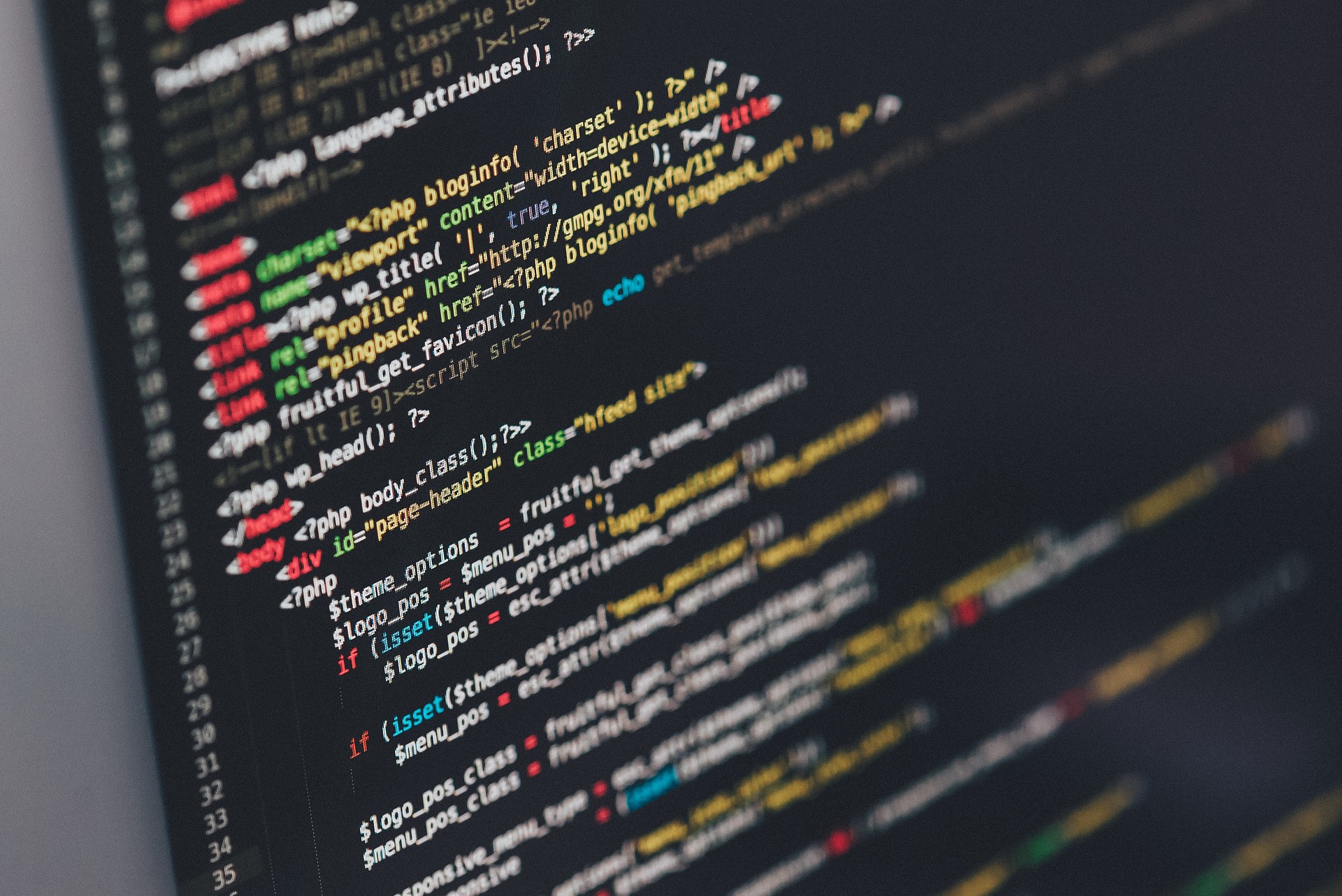
Twitter has banned Kaspersky Lab from advertising on its platform at the request of the U.S. Department of Homeland Security, saying it may have ties to Russian intelligence agencies.
In an open letter to Twitter management, Kaspersky stated:
“At the end of January this year, Twitter unexpectedly notified us that Kaspersky’s official account had been banned from advertising. In a brief letter from an anonymous Twitter employee, we were told that Kaspersky was using a business model that was essentially the same as conflicts with acceptable Twitter Ads advertising business practices."
According to the Twitter company, this is a policy decision, but they allow Kaspersky Lab to continue to be an organic user on its platform according to the rules.
Since last September, the U.S. Department of Homeland Security has banned government agencies from using software products developed by Kaspersky Lab, including all citizen government networks, over concerns about possible ties between Kaspersky and Russian intelligence agencies. Additionally, they asked agencies to remove products developed by Kaspersky Lab within ninety days.
Twitter's decision is obviously related to the US Department of Homeland Security's ban, but they are the first social media platform to "oppose" Kaspersky. At present, other social platforms such as Facebook have not made similar bans.
In fact, Kaspersky has repeatedly denied the allegations, and even announced the launch of a global transparency program to allow its partners to access the source code of its solutions.
Just after Twitter launched the ban, Kaspersky responded, announcing that they would donate all of this year’s Twitter advertising budget to the Electronic Frontier Foundation, and strongly stated:
"By the way, if you thought we were open sourcing the code just to get our ads back - you're wrong, there needs to be other ways for customers to get Kaspersky's ads. Now, no matter how things go, we're going to No more advertising on Twitter. All Twitter advertising budget for 2018 will be donated to the Electronic Frontier Foundation."